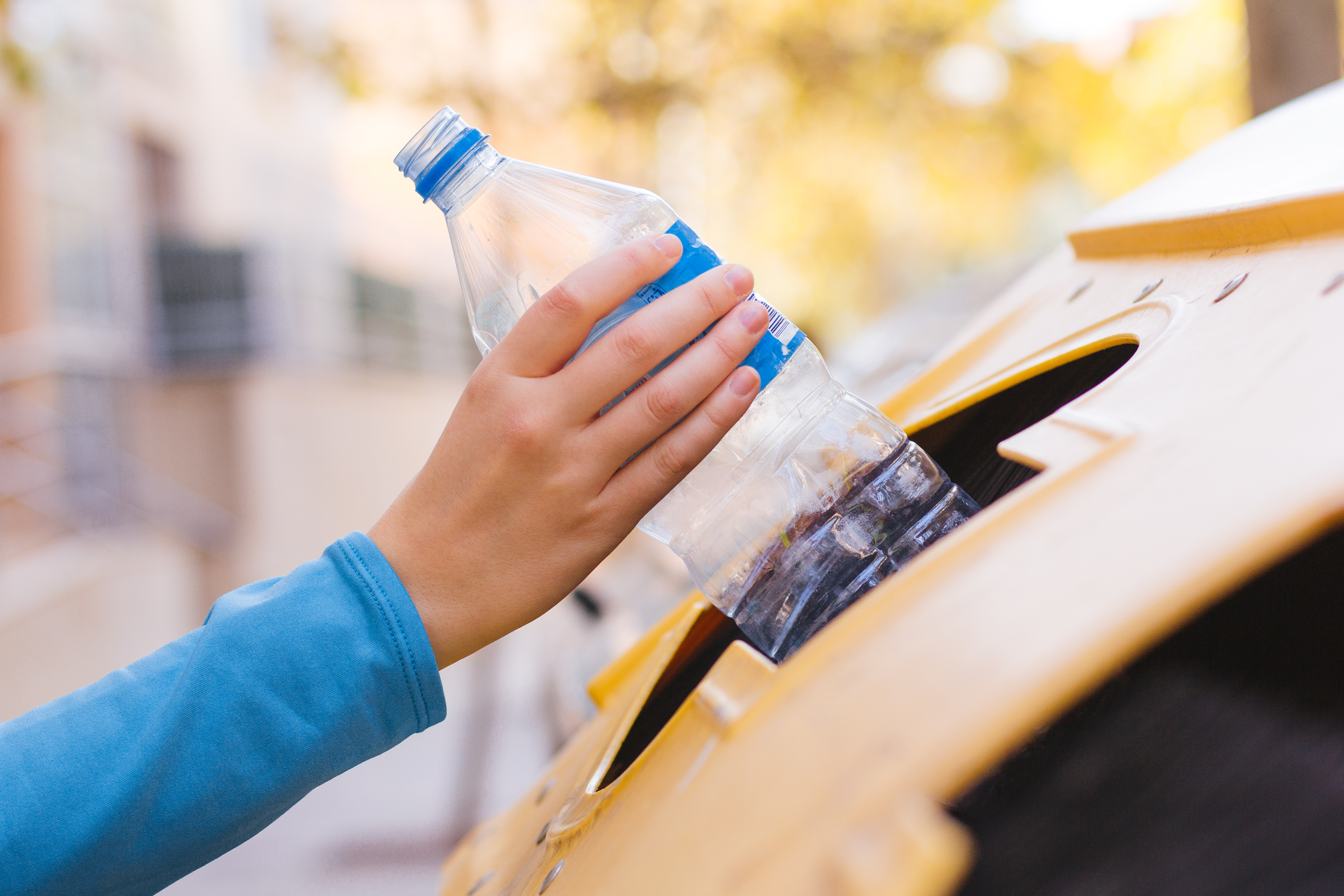Sustainability in Plastics : Myth or Reality?

When speaking of sustainability in general, plastics have always had a bad reputation. Despite the versatility of their applications and their benefits to mankind, there is a global consensus on plastics’ unsustainability. This is true even for bio-based and biodegradable plastics, as the rate of their disposal is higher than what nature can handle.
So, can there possibly be a way to make plastics more sustainable?
Let’s look at the broadest definition: to be considered sustainable, plastics should address the needs of consumers without damaging the environment, health, and economy. The second part of this definition contains the main issue that prevents the sustainability of plastics – historically, the damage plastics inflict on our planet has been overlooked in favor of their economical and societal benefits.
The production and disposal of plastics go in hand with high levels of carbon dioxide emissions, either through the energy used to produce virgin materials or through plastic waste incineration and disposal. It’s challenging to think of plastics as sustainable when their whole lifecycle is closely connected to the main contributor to climate change.
For this exact reason, rethinking the lifecycle of plastics is an important first step in mitigating their negative effects. The traditional model of producing, consuming, and disposing of plastics hurts their sustainability and calls for a different approach. This is where the concept of circular economy comes in hand.
Nowadays, many agree that the circular economy is the only way forward for plastics. According to this waste-reducing concept, the economic value of materials, plastics included, should be continuously maintained in a closed loop. This means replacing the traditional ‘produce-consume-dispose’ model with a more sustainable ‘reduce-reuse-recycle’ one. Approached like this, plastics would see a much lesser dependence on fossil fuels for production and waste management. Sounds easy in theory, but reality tells a much different story.
Challenges in plastics recycling
As an essential factor for the sustainability of plastics, recycling is important from both an ecological and economical aspect. Therefore, one of the most critical factors in achieving sustainability in plastics is emphasizing the efficient plastic recycling process.
To be massively adopted, recycling needs to be economically and technically viable, which is not always the case. Recycled plastics’ mechanical properties are significantly lower than those of virgin plastics, taking the whole justifiability of recycling into question. Hence, the main challenge for recyclers is to find ways to find alternative applications for recycled plastics.

What plastics can be recycled?
Recycling mixed plastic is a challenging area for the recyclers, as they must sort the plastic waste based on what plastics can be recycled and what plastics cannot. With mixed plastics, the poor recyclability of multilayer packaging materials and soft plastic poses a critical issue and is the main cause they often end up in landfills or incinerated.
The poor recyclability of mixed plastics stems from the blend of polymers created when different plastic materials enter the recycling stream. Chemically, polymer blends are highly incompatible, resulting in poor quality of recycled plastic products.
In the most common instance of incompatibility, during PET bottle recycling, even small traces of HDPE coming from the bottle caps can ruin the whole recycling batch's quality. According to recent findings, recyclers of HDPE plastic recycling are suffering a yield loss of 20%; whereas, in the recycling of PET, the total yield loss is around 40% due to the incompatible nature of PET and HDPE recycling.
The significant loss in the yield and poor quality of the recycling batch hurts the economy of the whole process of recycling, rendering it ineffective.
So, what can recyclers do to overcome the technical incompatibility among the various recycling material and avoid the loss in its yield and quality?
Compatibilizers: A key asset to effective recycling
The processing of mixed plastic and packaging materials has greatly advanced in recent decades. The technological progress of the processes for collecting, handling, sorting, and recycling plastics open new potential, making it feasible to redirect the bulk of plastic waste from landfills to recycling.
The blending of polymers is a vital approach for recycling mixed polymer-based multilayers without separating the materials. However, as stated earlier, most blends have unstable morphologies and poor mechanical properties due to inadequate solubility. This is where additives like compatibilizers are needed for effective recycling. Helping with the modification of blend properties by increasing the interfacial adhesion between the different phases, compatibilizers improve the interfacial tension and stabilize the morphology.
The general working mechanism of compatibilizers operates on three principles:
• Chemical reactions between the different chemical groups present in the polymers.
• Producing polar interactions between the two polymers
• Molecular diffusion at the interface enabling the chains of polymers to become entangled
The recycling world is increasingly relying on the use of compatibilizers as an effective way to add value to mixed plastic feeds that cannot be further separated by material type due to technical difficulties, including collection, washing, and sorting. This value reflects in the new applications for the recycling byproducts.
Thus, the direct incorporation of compatibilizers in the recycling streams is a highly efficient method to mitigate plastic waste by enabling new applications for it.
The role of chemical suppliers in the circular economy
The availability of solutions on which the recycling world can rely is a crucial driver of the circular economy of sustainable plastics. Leading chemical suppliers like Dow are taking increased collaborative initiatives, including the whole value chain in the development of innovative solutions right from the design phase to enable easier recycling of packaging and contribute to zero waste.
This approach combined with years of expertise has led Dow to develop a broad portfolio for mechanical recycling that comprises of a range of modifiers and compatibilizers for improved mechanical performance when recycling post-industrial and post-consumer flexible packaging waste.




